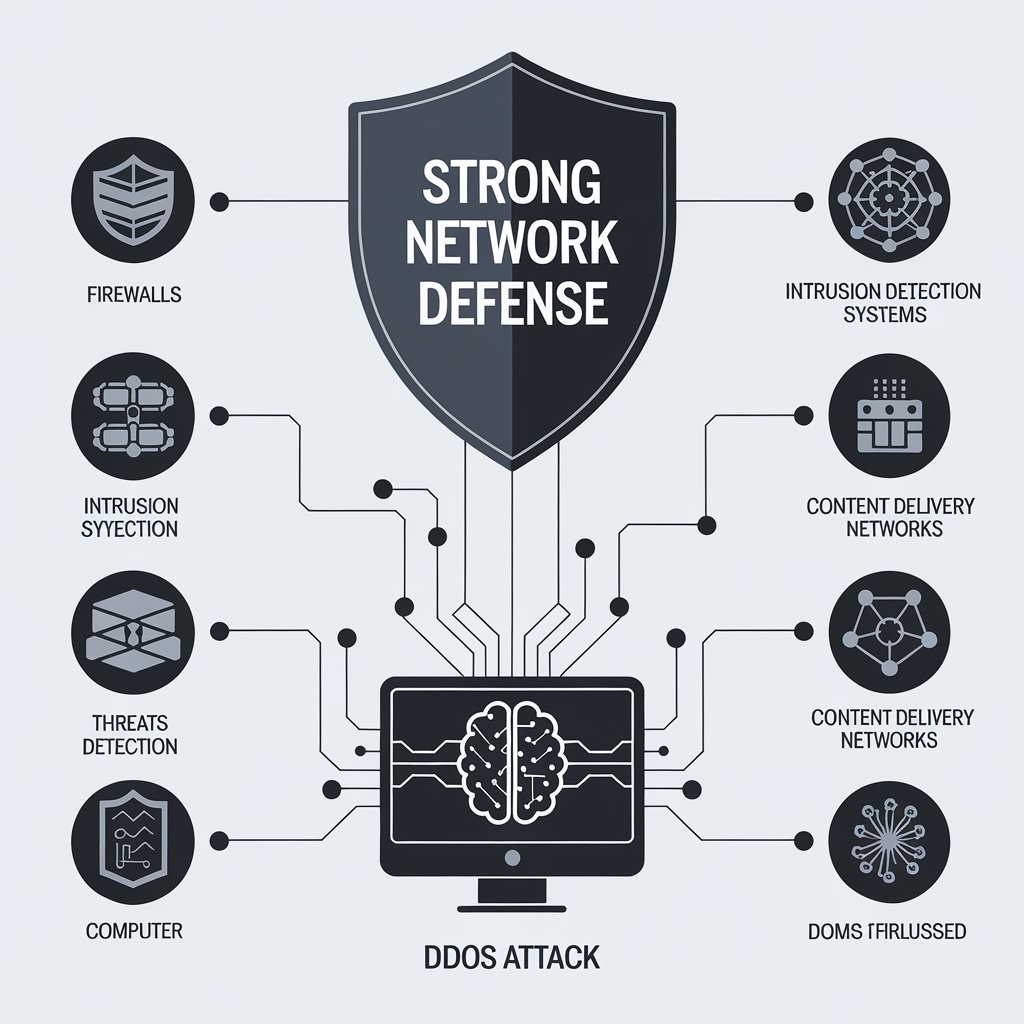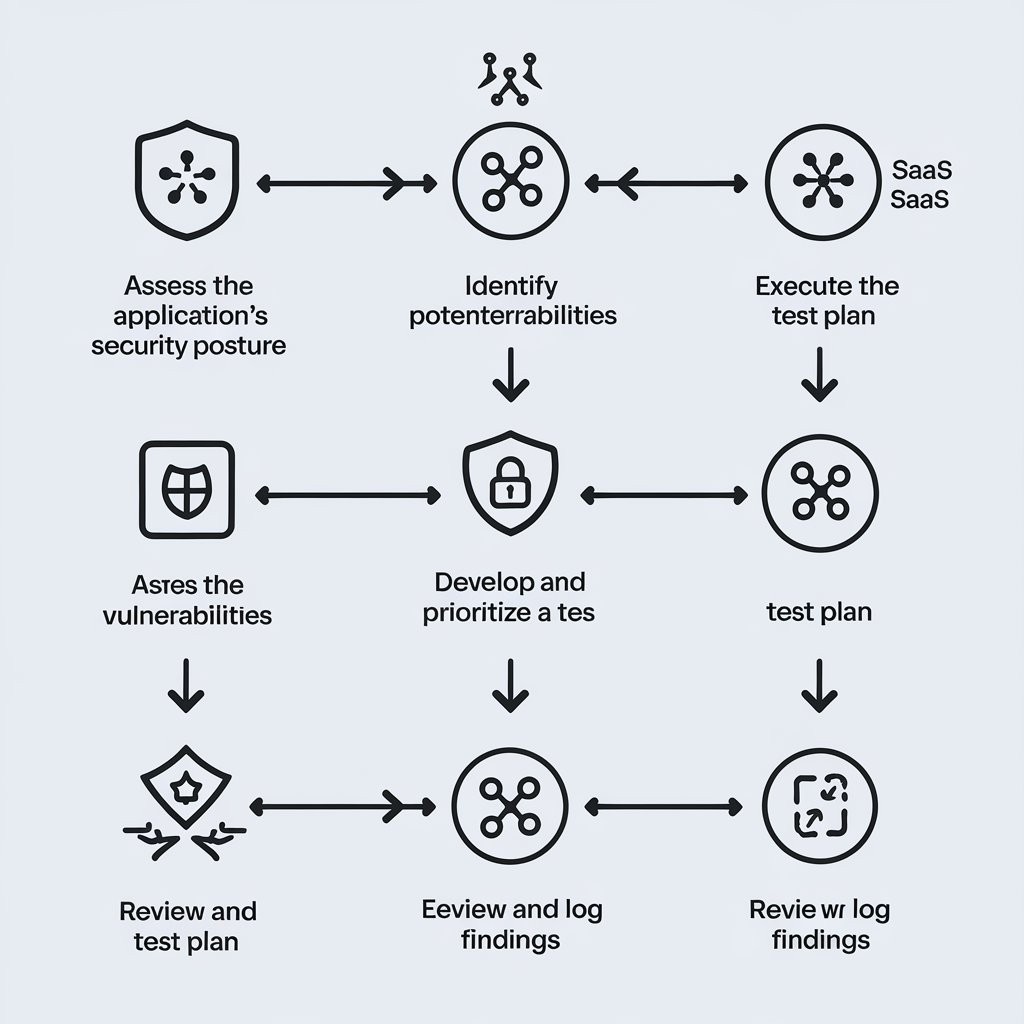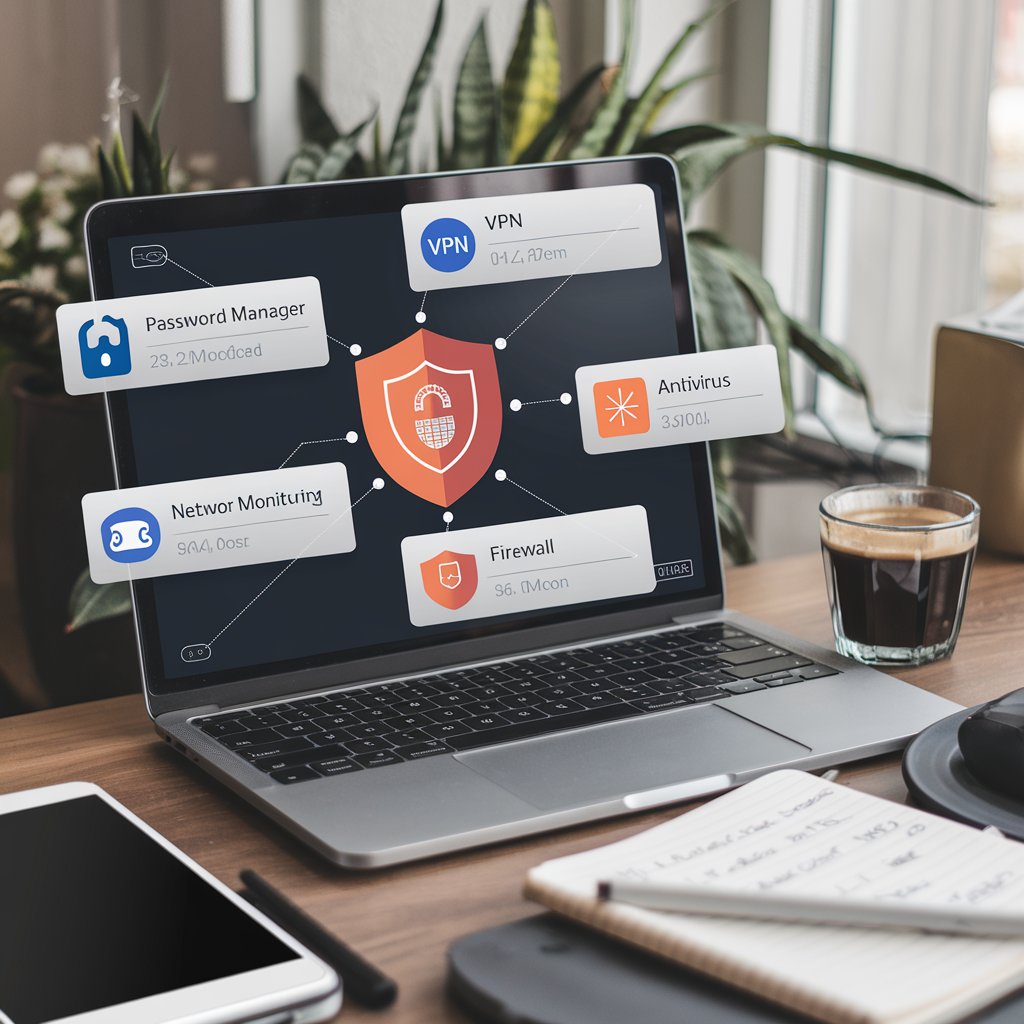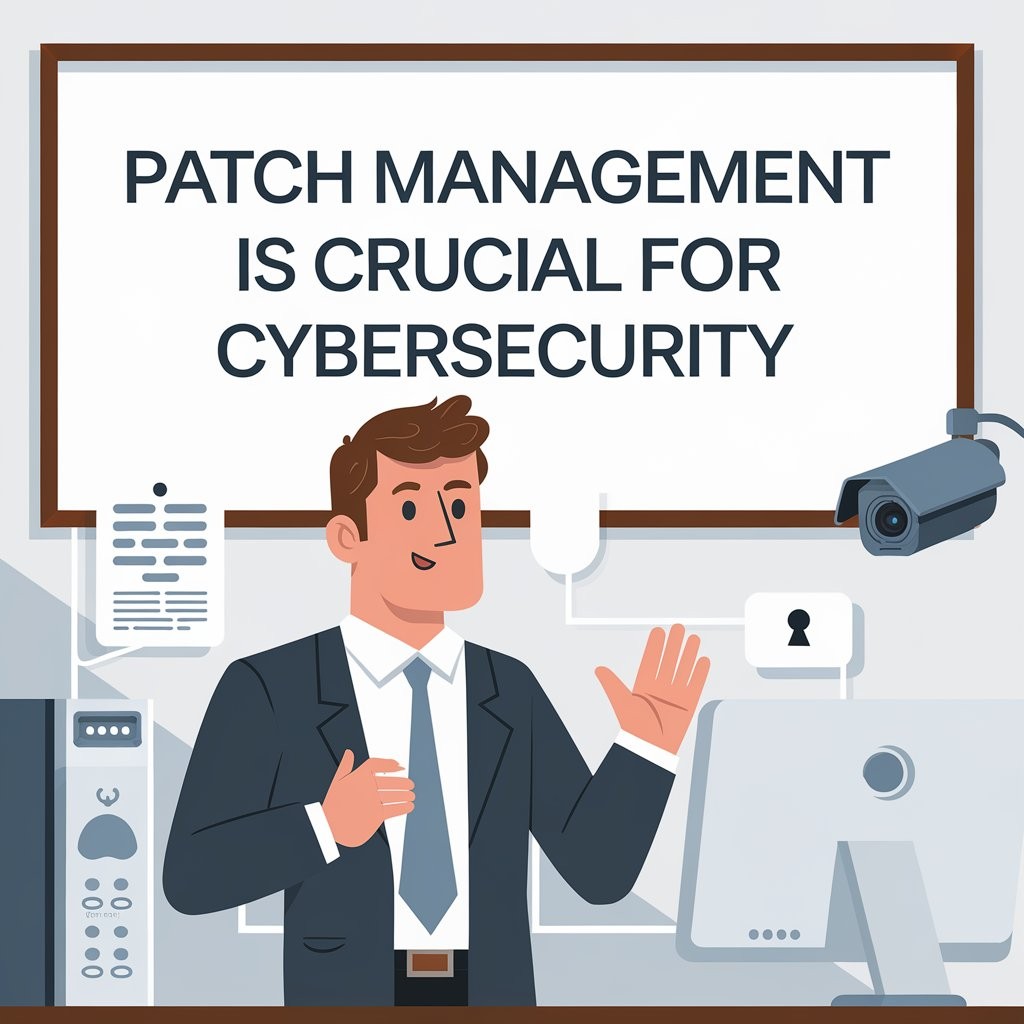Cybersecurity Best Practices for Small Businesses
News & Insights
10 Min Read
In the modern business landscape, cybersecurity is no longer just an IT concern—it’s a critical aspect of business operations. While large enterprises often have dedicated cybersecurity teams and resources, small businesses are equally vulnerable to cyber threats. In fact, small businesses are often targeted more frequently by cybercriminals because they tend to have weaker security measures. In 2024, small business owners must adopt strong cybersecurity practices to protect sensitive data, financial assets, and customer trust. In this post, we’ll discuss the best cybersecurity practices small businesses can implement to reduce their risk and safeguard their operations from cyber threats.
1. Educate Your Employees About CybersecurityThe human element is often the weakest link in cybersecurity. Employees can unintentionally expose your business to threats through phishing scams, weak passwords, or mishandling sensitive information.
Educating your team about the risks and best practices is crucial.
Conduct regular training: Train employees to recognize phishing emails, avoid suspicious attachments, and handle sensitive information securely.
Promote a security-first mindset: Encourage staff to think twice before clicking links or downloading files from unknown sources.Create a security policy: Draft a clear cybersecurity policy that sets guidelines on the proper use of devices, email protocols, and data handling.By fostering a culture of cybersecurity awareness, small businesses can significantly reduce the likelihood of human error leading to a breach.
2. Implement Strong Password PoliciesWeak or reused passwords are one of the easiest ways for cybercriminals to gain access to business accounts. Encouraging or enforcing strong password policies can make it harder for attackers to penetrate your systems.Require complex passwords: Use passwords that contain a mix of letters, numbers, and symbols, making them harder to guess.
Enforce password changes: Encourage employees to change their passwords regularly and avoid reusing old passwords across different systems.
Enable Multi-Factor Authentication (MFA): MFA provides an extra layer of protection by requiring users to verify their identity using something they know (password) and something they have (a phone, security key, or code sent via email).These measures reduce the risk of unauthorized access to accounts and critical systems.
3. Use Firewall and Antivirus ProtectionFirewalls and antivirus software are basic yet essential tools to protect your network and devices from malicious attacks. For small businesses, these tools offer a crucial line of defense against a variety of cyber threats.Install a firewall: A firewall helps block unauthorized access to your internal network from the internet. Use both hardware and software firewalls to create layered security.
Use antivirus software: Install reliable antivirus software on all company devices, including computers, tablets, and smartphones, to detect and prevent malware, ransomware, and viruses from infecting your systems.Regularly update your firewall and antivirus programs to ensure they can defend against the latest threats.
4. Back Up Your Data RegularlyData loss due to cyberattacks, system failures, or even natural disasters can be devastating for small businesses. Regular data backups are a fundamental part of any effective cybersecurity strategy.
Implement automated backups: Set up automated backups to regularly save copies of critical business data, including customer information, financial records, and business plans.Store backups securely: Back up data both locally (on physical devices) and in the cloud to ensure it can be accessed even if one location is compromised.

Test your backups: Periodically test your backup system to ensure data can be restored quickly and without corruption in the event of an incident.Having a reliable backup system in place ensures that your business can quickly recover from data loss or ransomware attacks.5. Secure Your Wi-Fi NetworkWi-Fi networks are often an easy target for cybercriminals if not properly secured. An unsecured Wi-Fi connection can allow attackers to gain access to sensitive data or launch attacks from within your business.
Change the default settings: Always change the default username and password of your router to something more secure.Use WPA3 encryption: Ensure your Wi-Fi network is encrypted using WPA3 (Wi-Fi Protected Access 3), the most secure standard for wireless networks.
Create a separate network for guests: If your business requires guest access, set up a separate guest network to keep guests away from your main business network.Taking these steps will help prevent unauthorized users from accessing your business network.6. Protect Your Devices and Endpoints
Small businesses often use various devices, from laptops to smartphones, making them susceptible to attacks. Securing your endpoints (computers, phones, tablets, etc.) is critical in protecting sensitive data.
Encrypt your devices: Enable encryption on all business devices so that if they are lost or stolen, the data remains unreadable to unauthorized users.
Install security updates: Regularly update your operating systems, applications, and software to patch vulnerabilities that attackers may exploit.
Use mobile device management (MDM): For businesses with a mobile workforce, consider implementing MDM solutions to remotely manage, monitor, and secure devices.Ensuring your devices are secure helps safeguard your data from theft and unauthorized access.7. Implement a Secure Payment System
For small businesses that process transactions, securing your payment system is vital to protect customer information and financial data.
Use secure payment gateways: Ensure that payment systems are PCI DSS compliant and use secure protocols such as HTTPS to protect customer payment details.
Encrypt transactions: Use end-to-end encryption to protect financial transactions, ensuring that sensitive information cannot be intercepted during processing.A secure payment system not only protects your business but also builds trust with your customers.
8. Monitor and Respond to Cybersecurity ThreatsEven with the best preventive measures, it’s essential to have a plan for detecting and responding to cyber threats in real-time. Early detection can prevent cyberattacks from escalating into full-scale breaches.Monitor network activity: Use security monitoring tools to keep an eye on unusual or suspicious network traffic that may indicate a breach.
Develop an incident response plan: Prepare for the worst by creating an incident response plan. This plan should include how to contain a breach, notify stakeholders, and recover from the incident.By staying proactive and prepared, small businesses can mitigate the damage of a cyberattack and recover more swiftly.
9. Stay Compliant with Industry RegulationsMany industries are subject to data protection and privacy regulations that require businesses to implement specific security measures. Failing to comply with these regulations can lead to heavy fines and reputational damage.
Understand your compliance obligations: Depending on your industry, you may be required to adhere to regulations such as GDPR, HIPAA, or PCI DSS.
Implement necessary controls: Ensure that your cybersecurity measures meet the required standards for data protection, encryption, and access control.Compliance not only helps protect your business but also demonstrates your commitment to safeguarding customer data.
ConclusionFor small businesses in 2024, cybersecurity is not just about preventing data breaches—it’s about building a culture of security that protects your assets, ensures compliance, and keeps your customers’ trust. By implementing these best practices, such as educating employees, using strong passwords, securing your Wi-Fi, and protecting your devices, you can significantly reduce your risk of cyber threats and create a safer digital environment for your business.If you’re unsure where to start or need help with your cybersecurity strategy, consider partnering with a trusted cybersecurity consultant to assess your needs and build a comprehensive protection plan tailored to your business. audit3aa
Join our newsletter list
Sign up to get the most recent blog articles in your email every week.








